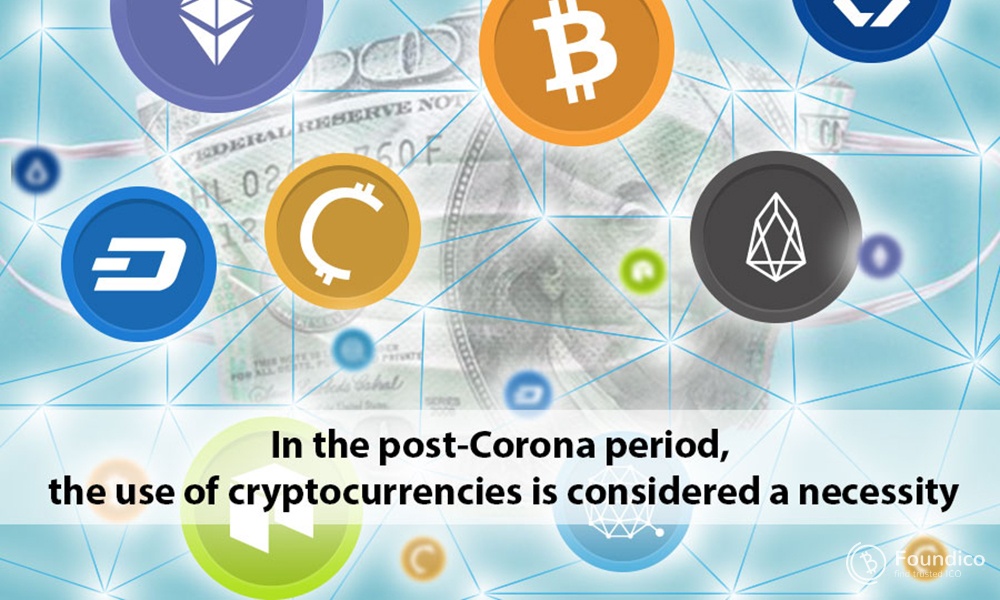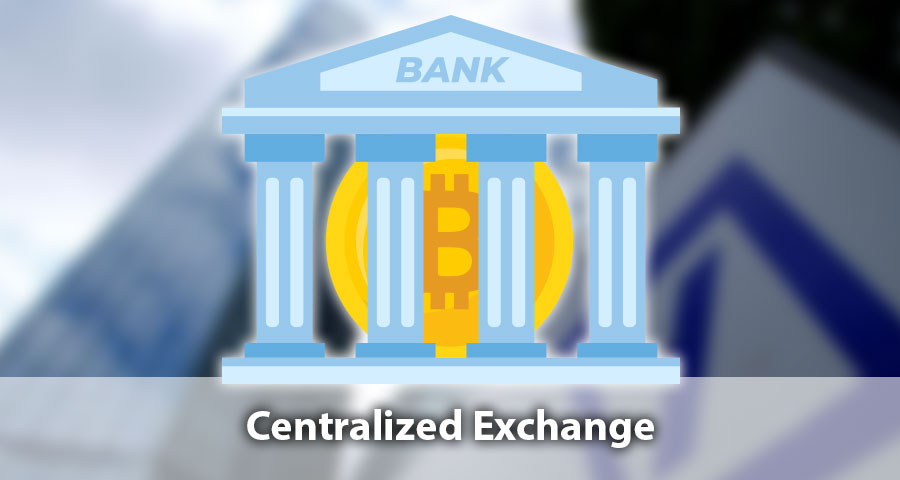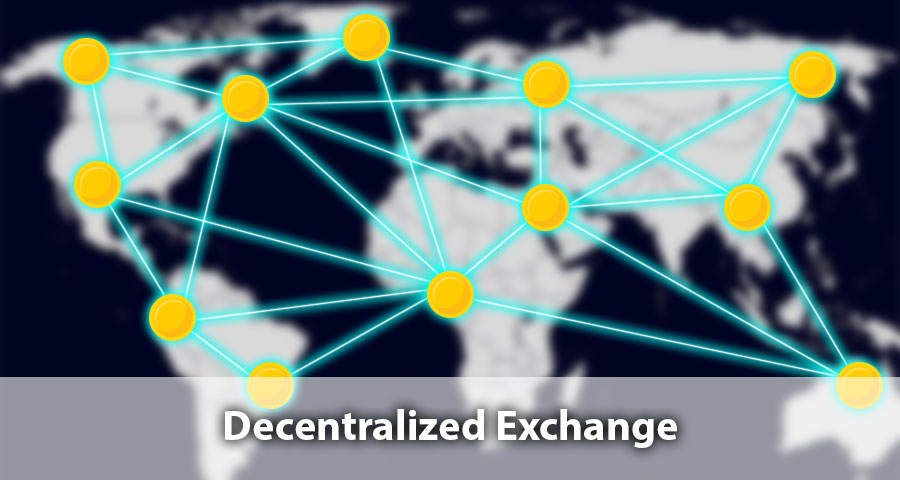In the post-Corona period, the use of cryptocurrencies is considered a necessity

The Digital Era
We are living in the digital era. An era when everything moves toward the digitization technology. Not long has passed since the advent of computers, but the changes that followed did so with an exponential rate and people got accustomed to this modern system gradually. If we take a look back at history, we can see that in the beginning, the use of email as a digital post seemed like a complex task, and some people still wanted to deliver mail via post boxes and post offices. Now with our smart phones, we can send and receive letters and files with a simple click. The same goes for money transfer. Most people still refer to middlemen, and using digital cryptocurrencies seems complicated. However, much like dollar, euro, and other currencies that are used for transferring value, cryptocurrencies are a type of money that are used for value transfer, especially since the value of fiat money is constantly in turbulence and affected by inflation. While provided that they have a proper structure, cryptocurrencies will resolve the issues related to inflation and by evading the centralized systems, they are an easy way for financial trades. Cryptocurrencies can eliminate the control over centralized and fiat money.

Coronavirus and the Necessity to Use Cryptocurrencies
With respect to such an unexpected issue as the Coronavirus, which has disrupted financial trades all over the world, and even worse, the fact that Coronavirus was spread through cash and physical money, the need for a change in financial transfer system and the important function of cryptocurrencies are felt more than before. The reason is that each country revolves around its economy, and each economy depends on financial trades, therefore in the post-Corona period, the use of cryptocurrencies will be considered a necessity and no country is an exception about this.
Exchanges Using Cryptocurrencies
From the very beginning of the advent of cryptocurrencies when people started buying and selling them, the exchanges whose job is the trading of money, set out to create trades through cryptocurrencies in order to provide better services to traders. But the philosophy behind the creation of digital currencies was to eliminate the middlemen, while “centralized” exchanges still act as a middleman. But there is no need to worry, because on the other hand there are the “decentralized exchanges” which have created an environment for people to directly conduct their currency transfers and manage them with ease of mind and with two-signature conditions.
In order to better understand the differences and positive features of decentralized exchanges over centralized ones, it is necessary to clearly elaborate their functions.

Centralized Exchange
-
In the centralized exchange, all the assets of people should be stored in the exchange’s wallet, and users have no access to their private keys, and much like the banks, it is only the exchange that can oversee and control the assets and transfer digital currencies.
-
Since all the currencies are stored in one place, then there is an opportunity for hackers to steal the entire assets.
-
In the structure of a centralized exchange, regulators and policy makers can shut down the entire exchange or block the accounts at any second. In other words, an urgent regulation or law from a government or organization can shut down the exchange or block the access of some users to their accounts.
-
Many of these centralized exchanges do not have the necessary permits and licenses in order to communicate with banks or other international organizations so that they could exchange fiat money (like dollar and euro) to digital currencies and vice versa. As such, they can only make the exchanges in the form of digital currencies.
-
As a centralized financial institute in which people’s assets are stored, these exchanges might go broke due to an imbalance between supply and demand, or fraud can take place in them.
-
In the centralized exchange, all the assets of people should be stored in the exchange’s wallet, and users have no access to their private keys, and much like the banks, it is only the exchange that can oversee and control the assets and transfer digital currencies.

Decentralized Exchange
-
Decentralized exchanges implement the Blockchain technology and there are no middlemen in them and in fact people do not store their assets in the exchange’s account to be controlled. However, digital currency trades are taken place peer-to-peer (user-to-user) and the way these exchanges work is in a decentralized manner with peer-to-peer trades.
-
The responsibility of the exchange is to protect the accuracy and correctness of trades so that people’s assets are transferred or exchanged properly. As such the buying and selling of digital currencies in electronic wallets are not entirely controlled by the exchange, however, both the buyer and the seller have a signature right, therefore the assets remain completely safe.
-
Since people’s assets are not stored in this type of exchange, therefore they are safe from cyber-attacks and hackers.
-
Since there are no central infrastructures in this type of exchange to affect the price of currencies by changing rates and buying and selling stats, the risk of price being tampered with is really low and the trade volume is really high.
-
The distributed nature of these exchanges and the multitude of people who engage in trades with no middlemen in a peer-to-peer manner prevent central regulating agencies and local and international organizations to be able to access and block them. As a result in such exchanges, people can trade with equal conditions and with high security and stability. In this exchange, power is not centralized and it has been distributed among users in a decentralized manner.
-
In this type of exchange, there is a space to make income, since the system works in a way that it guarantees trust and security among users and thus people do not need to know each other in order to trade. Because of the trust that people have for the system, they can work with each other and each person can act as an independent exchange by buying and selling cryptocurrencies without middlemen and as such gain profits. As this system grows, in fact a new banking system is created which is free from any middleman.
Examples of Decentralized Exchange
LocalBitcoins and Counos DEX are among decentralized exchanges, both of which have official and legal permits and licenses. Although, LocalBitcoins is a little limited, since you can only trade Bitcoin in it. But Counos DEX, which has been registered in the country of Estonia with legal and official registration number and license, has the permit to work in the field of cryptocurrencies and fiat money (such as dollar and euro) and makes it possible to trade with various payment systems so that people can buy, sell or exchange their fiat money and cryptocurrencies with ease of mind and security.
Final Remarks
The amount of fee and how it is received are determined through agreement in both centralized and decentralized exchanges. But with respect to the explanations that have been just provided, decentralized exchanges, due to the high level of security, have attracted the attention of many Blockchain users. As a result, the use and understanding cryptocurrencies in this digital world is unavoidable, so it is recommended that before using any exchange and doing any trade, make sure to check for legal and official permits and licenses.
